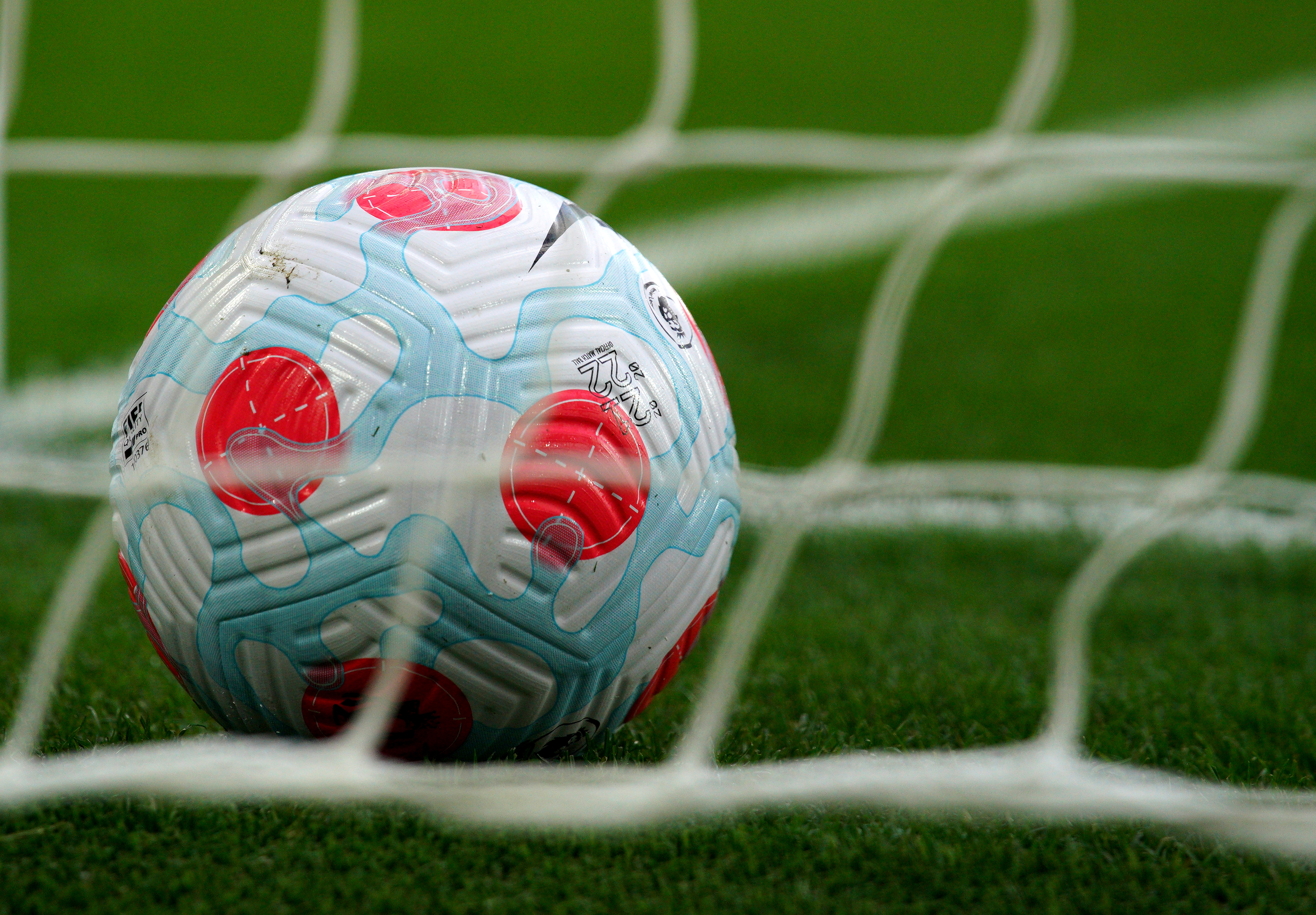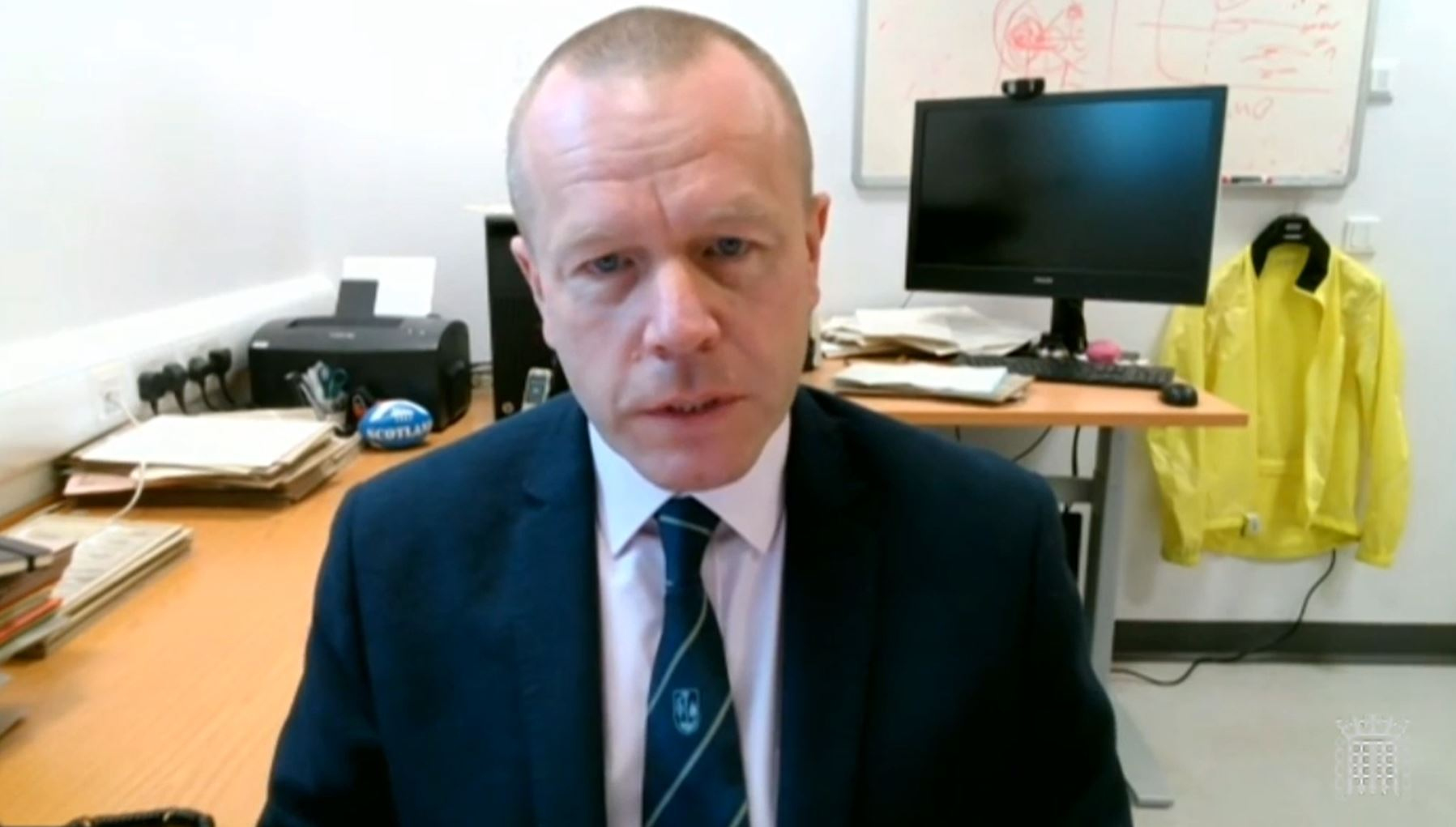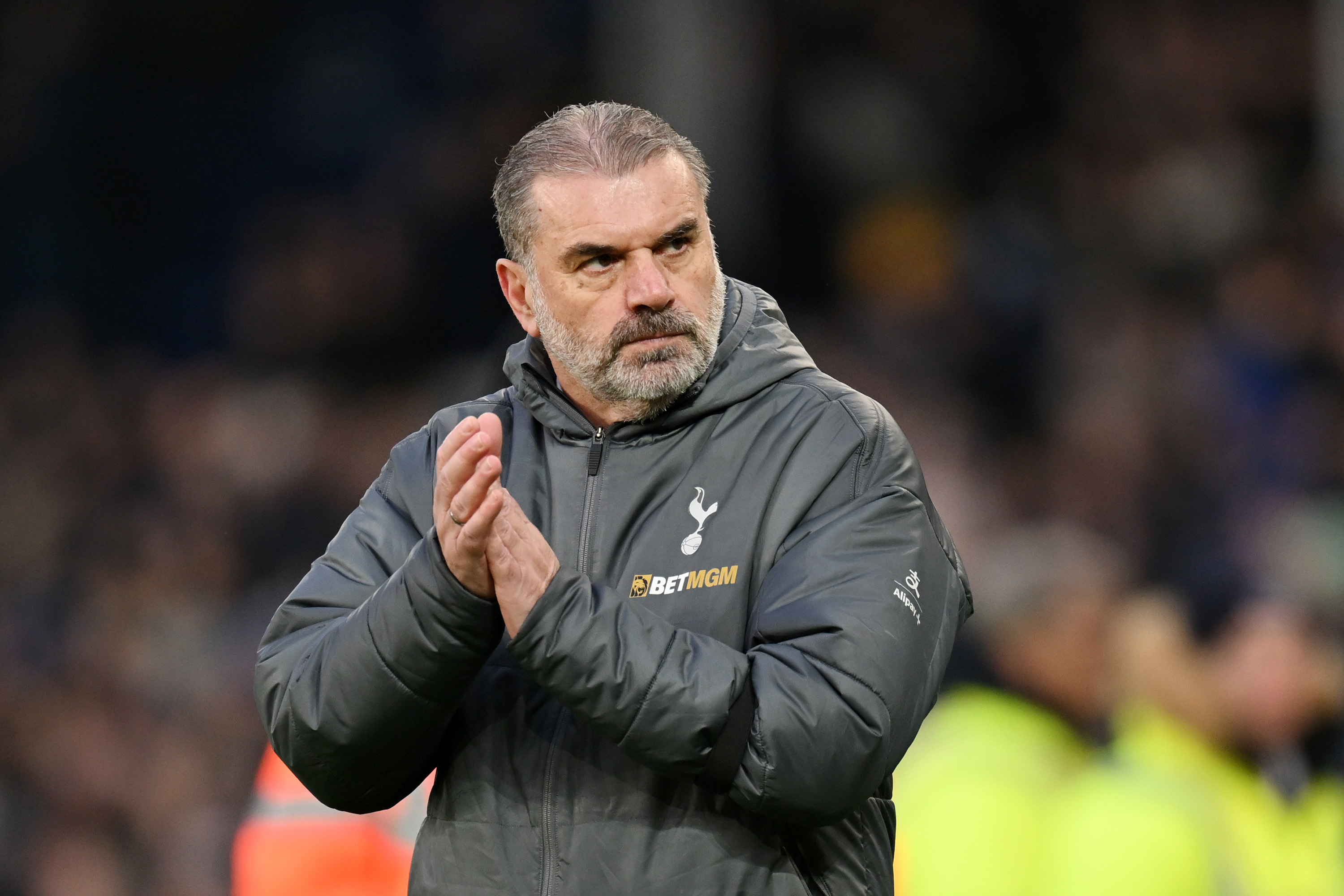Players set to be asked about brain health concerns in new dementia consultation

The full extent of the dementia problem in English football is set to be uncovered in a new consultation with current and former players.
The PA news agency understands the consultation will ask members of the Professional Footballers’ Association whether they are worried about their memory and other brain function.
It comes amid concerns that the increased risk of death due to neurodegenerative disease among footballers is linked to how concussions have been managed and the impact on the brain of repetitive heading.
The consultation, which is due to start in a matter of days, also aims to reach the families of former players who are living with neurodegenerative disease and the families of players who have died who are not already known to the PFA.
We're renewing our call for an industry-wide care fund to support players living with dementia and other neurodegenerative conditions.https://t.co/Pt7Jv7rWyPpic.twitter.com/xL9vXXtLr9— Professional Footballers' Association (@PFA) October 28, 2021
The purpose of it is to signpost any individuals affected to the right support and to gauge the size of the issue the game faces, as the union continues its push to create an industry-wide care fund to support players and their families.
The consultation exercise has been piloted and is understood to be close to a full roll-out.
PA also understands the PFA has requested a meeting with the Industrial Injuries Advisory Council (IIAC) to continue its push for dementia in footballers to be classified as an industrial disease.
Get FourFourTwo Newsletter
The best features, fun and footballing quizzes, straight to your inbox every week.
If the IIAC made such a recommendation to the Secretary of State at the Department of Work and Pensions and it was accepted, footballers would be able to claim Industrial Injuries Disablement Benefit (IIDB).
Sources within the PFA are concerned at the slow pace at which the IIAC process works.
The IIAC heard from Professor Willie Stewart, the lead academic on the FIELD Study, in April last year. The study, co-funded by the Football Association and the PFA, found professional footballers were three and a half times more likely to die from neurodegenerative disease than age-matched members of the general population.

Concussion and the sub-concussive impacts of heading are considered likely to be the cause of the increased risk by Professor Stewart.
The IIAC was impressed by the work done on the FIELD Study but felt additional evidence was required before making a decision.
Other studies, including the HEADING Study for which England manager Gareth Southgate was a volunteer, is set for publication soon and is also expected to be considered.
The IIAC must be satisfied by evidence from multiple sources that it is ‘more likely than not’ that neurodegenerative disease in footballers is related to the occupation. It is also considering evidence from other contact sports, such as rugby union.
A coroner ruled earlier this week that the neurodegenerative disease which killed former Cardiff player Keith Pontin was caused by repeated head injuries suffered as a professional footballer.
David Regan concluded Pontin died from chronic traumatic encephalopathy (CTE), a progressive brain condition believed to be caused by repeated blows to the head and episodes of concussion.
It followed a similar landmark 2002 coroner’s verdict in the case of former West Brom and England striker Jeff Astle.
His daughter Dawn, a campaigner for better protection against, and education around, the risks of brain injury in football, said on Tuesday: “Everything has a consequence, and today, through Keith’s death and through his family’s bravery to donate his brain for examination we have yet more proof, if that was even necessary, that football is a killer.
“It is 20 years since our family went through the same devastating process yet we still hear that today’s players are just as much at risk of dying with dementia as the generations before them.
“There is still no education for current players, there is still no care fund for those former players living with the consequences of dementia now. It is nowhere near good enough. Football must do more… much more.”
